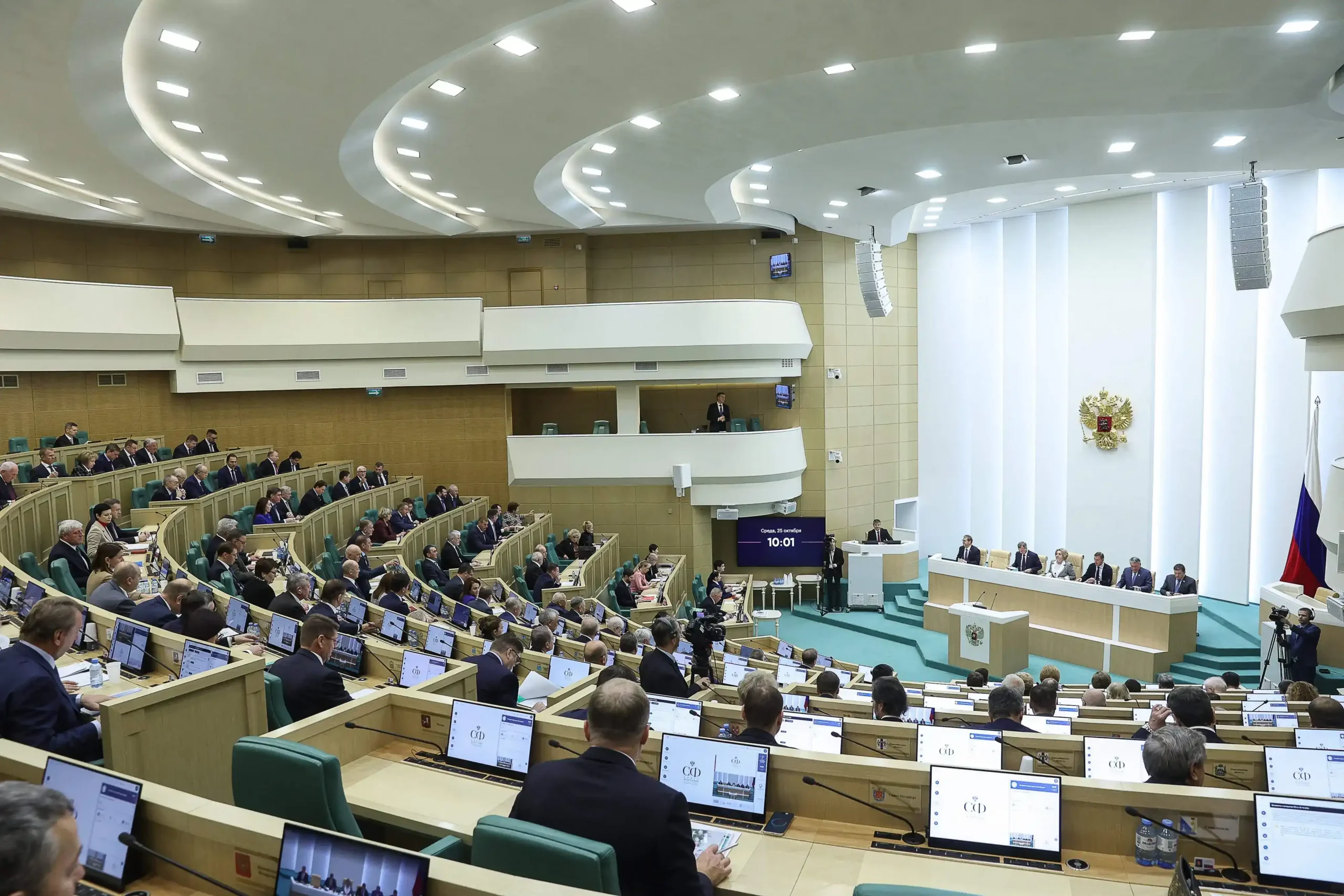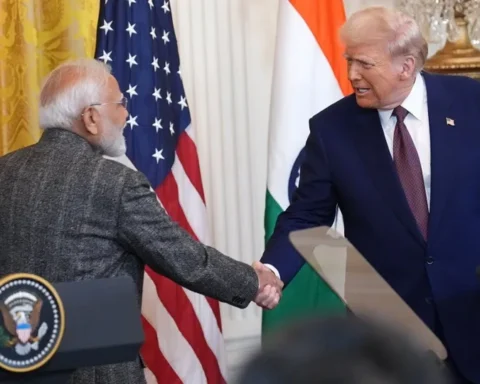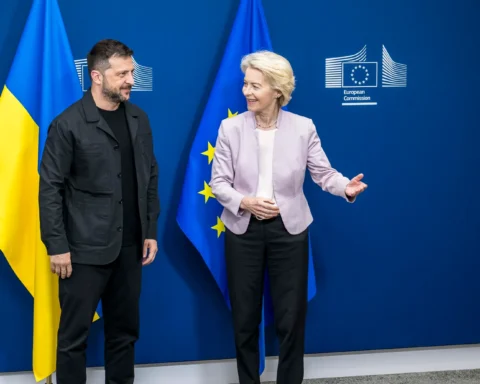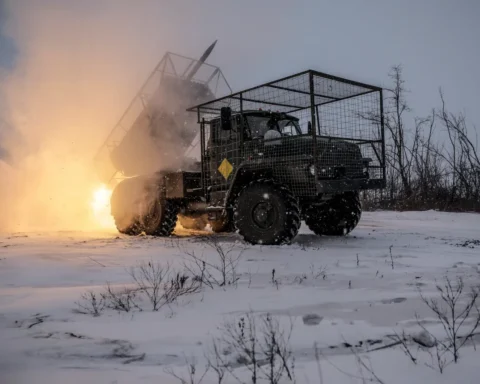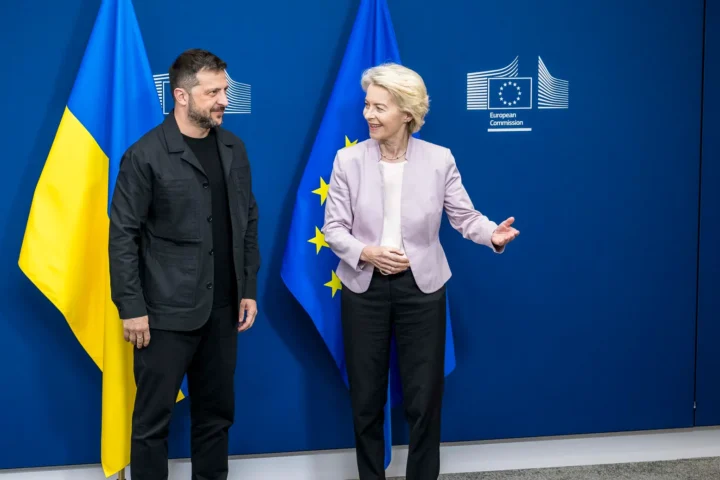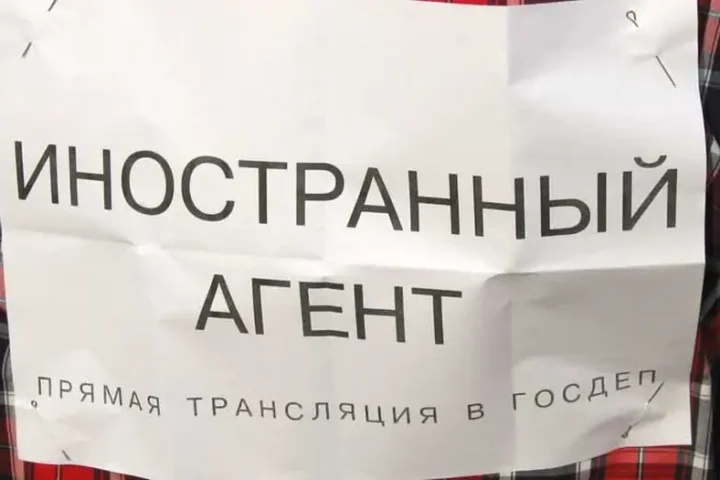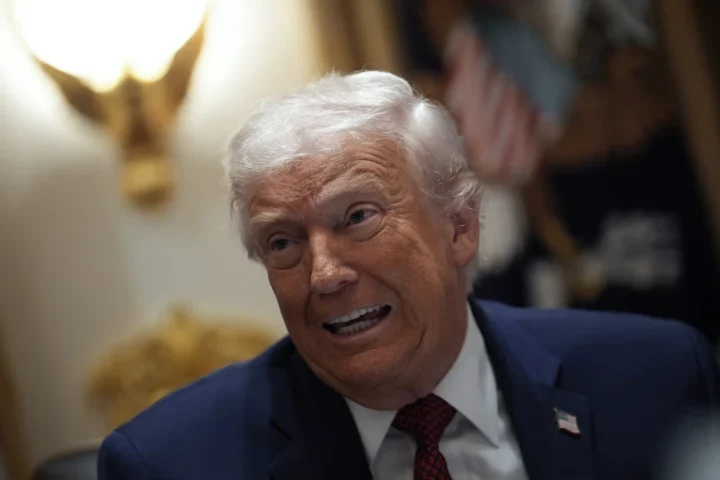MOSCOW — In a bid to tighten control over online activity, the Russian Senate is deliberating a proposal to mandate identity verification for domain owners through the state-run “Gosuslugi” portal, an online platform for government services.
According to Ayrat Gibatdinov, a member of the Federation Council Committee on Science, Education, and Culture, the move reflects the growing significance of the internet in Russian society. “The internet has become deeply integrated into the daily lives of citizens and has evolved into a full-fledged social institution. It is reasonable to enhance legislation to reflect this reality,” Gibatdinov said.
Sources familiar with the proposal indicate that Russian authorities aim to introduce mandatory registration for internet access by the end of 2025. This measure would enable comprehensive monitoring of users, allowing the government to suppress what it deems as “destructive networks and websites.”
“Sanctions and arrests will become highly individualized—ranging from restricting access to prohibited resources to penalizing individuals for posting content that may be classified as extremist,” a source close to the initiative revealed. “Russian law enforcement agencies have the capacity to monitor every internet user in the country.”
This initiative is part of a broader Kremlin strategy to consolidate control over Russia’s digital space. Such efforts have intensified in recent years, driven by geopolitical tensions and domestic challenges. Critics warn that these measures could severely undermine freedom of expression and expand state surveillance to unprecedented levels.
As the proposal moves forward, it raises pressing questions about the balance between national security and individual freedoms in Russia’s increasingly regulated digital landscape.


